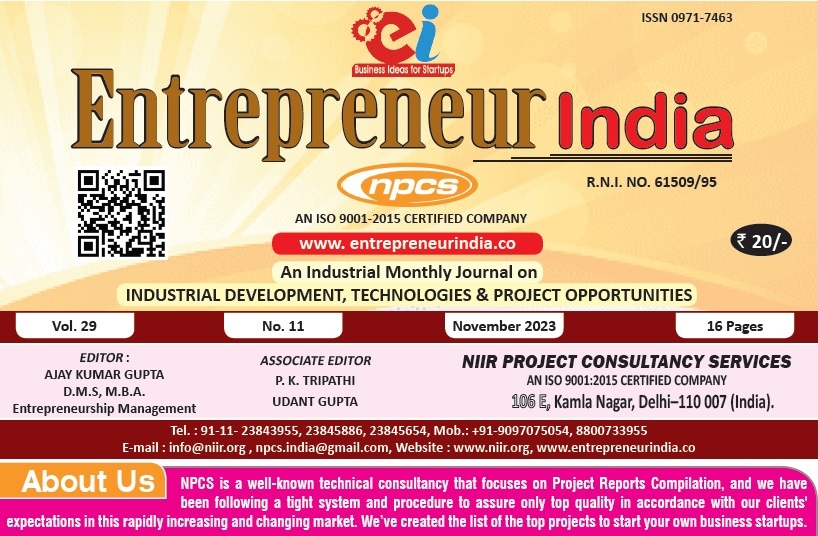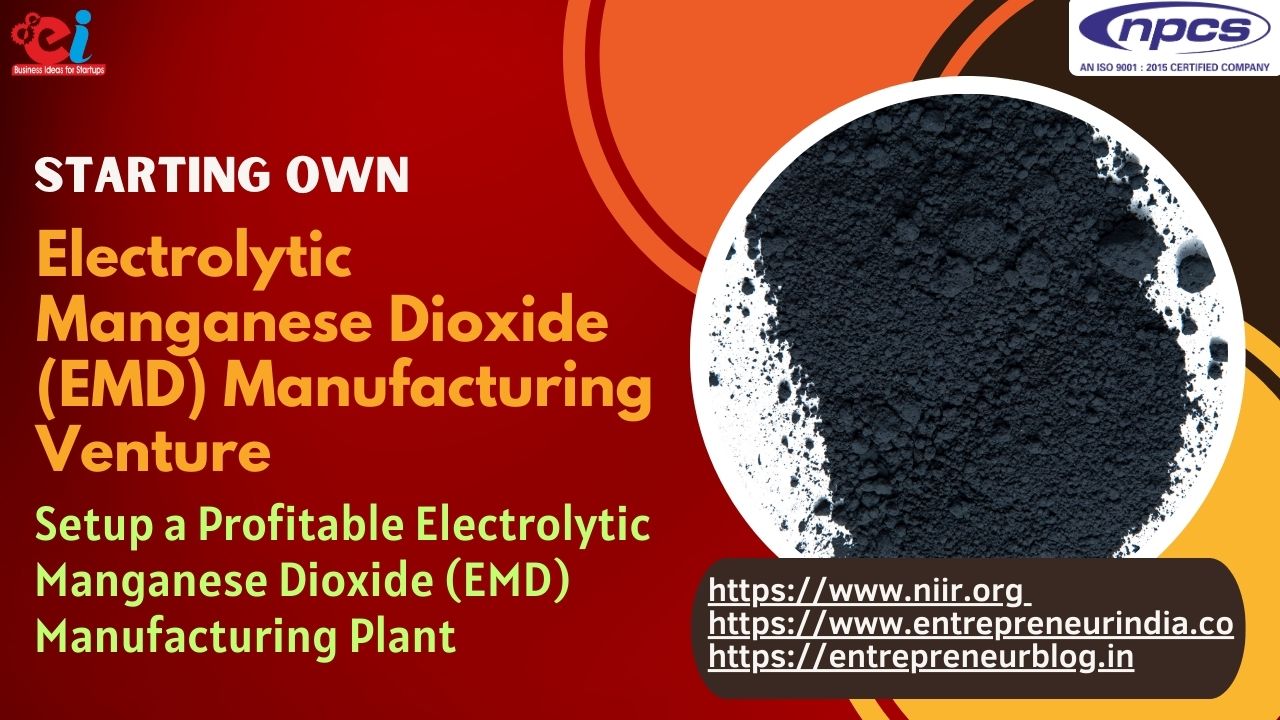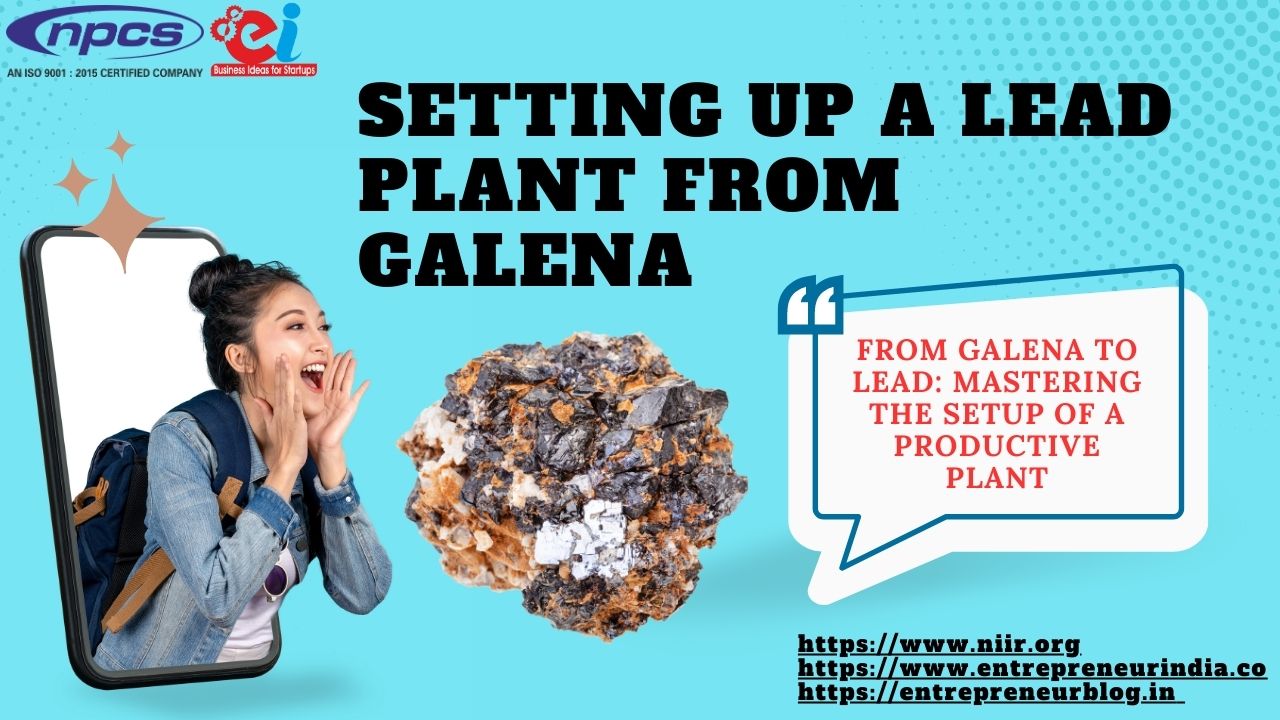Burnt bentonite granules have established themselves to be of value in agriculture and industry because of their unique properties, such as soil conditioning, gradual water release, and a carrier for agrochemicals. High-quality roasted bentonite granules are in high demand as more and more farmers and land cultivators are using them; therefore, the manufacturing of these is also a preference for business owners.
Market Overview
Global Market Landscape
The worldwide bentonite market is witnessing steady growth due to increasing applications for various end-use consuming industrial products such as agriculture, construction, drilling fluids, and iron ore pelletization. Escalating demand for soil health and crop productivity is driving the application of bentonite‑based soil conditioners and carriers of micronutrients.
Indian Market Outlook

India has been one of the top sample holder raw materials for bentonite production since that time. Domestic RBG continues to post a healthy growth on the back of the swift acceptance of micronutrient-based fertilizers, pesticides, nd fertilizers. Expansion of agricultural practices and support from the government for effective soil management techniques support market prospects. The demand from mafarmingstates, including Gujarat, Maharashtra, Rajasthan, Karnataka, aka and Madhya Pradesh, is high, thus making India a lucrative destination for manufacturers of roasted granules.
Growth Drivers
Rising awareness of sustainable agriculture
- Rise in consumption of soil conditioners and fertilizers abundant with micronutrients.
Increasing need for carriers that are efficient for an agrochemical.
For additional information you can check out our project reports
Manufacturing Process Outline
And the production process to produce a large quantity of Roasted bentonite granules is also a multi-step, controlled process to treat their particle size, strength, and liquid absorption capacity.
Raw Material Procurement
techniques material used should have a high degree of expansion, plasticity ty, and absorbency.
Crushing and Grinding
Granulation
Workers combine the treated powder with carefully measured amounts of water in a granulator. The rolling motion causes the powder to form into desired-sized granules, usually approximating 8- 20 mesh.
Drying
Fresh granules are charged to a rotary or fluidized ash dryer, and moisture is dried off until they dry down to equilibrium. The roasting process to treat granules is achieved at a temperature range in a rotary kil, increasing granule strength, hardness, and carrier capacity.
Screening & grading
Cooling & packaging
Uses
- As a carrier of micronutrients, pesticides, insecticides, and fungicides
- As a soil conditioner for improving water-desired-sized aeration
- As a binding and/or desiccant in various limited industrial applications
For more detailed information, please consult the text in our books
Demand outlook
The demand trajectory is looking very promising both in the home market and internationally. This promising outcome is due to the increased demands placed upon agricultural input manufacturers as they begin to use roasted bentonite granules for improved product delivery. The increase focusing on precision nutrient management, smart farming, and efficient application practices for agrochemicals will promis the continued strength for growth.
About Niir Project Consultancy Services (NPCS)
Related articles:- Which is the Best and Profitable Manufacturing Business to Start with Investment of 4.5 Crores (Plant and Machinery)
Future Perspective
As sustainable farming practices become increasingly prevalent across the globe, the segment of roasted bentonite granules will continue to grow. Those developers and manufacturers who demonstrate consistent quality, standardization, and variation in granule size will out hustle their competitors here.
Opportunities for Future Entrepreneurs
This segment of the industry represents an area where future entrepreneurs could carve out a niche for themselves in bio‑ fertilizer carriers, micronutrient granules, and specialty soil conditioning products. Strategic partnerships with agrochemical, fertilizer distributors, and large farming cooperatives will position newcomers for long–term success.
Final Thoughts
Find best business ideas for yourself using our startup selector tools
Frequently Asked Questions
Q1. What are roasted bentonite granules used for?
Farmers and agrochemical companies primarily use roasted bentonite granules as carriers for micronutrients, pesticides, and fertilizers. They also serve as soil conditioners to improve moisture retention and aeration.
Q2. Is roasted bentonite granule manufacturing a viable small-scale business?
Yes. With growing demand from the agricultural sector and increasing preference for sustainable farming inputs, roasted bentonite granule manufacturing offers attractive opportunities even at a small to medium production scale.
Q3. What raw materials are required for production?
Q4. How long does the manufacturing process take?
The production cycle from raw bentonite to finished granules typically takes several hours, depending on plant capacity and equipment efficiency.
Q5. Who are the target customers for roasted bentonite granules?
Key customers include agrochemical manufacturers, fertilizer companies, soil amendment suppliers, seed treatment firms, and large agricultural cooperatives.







